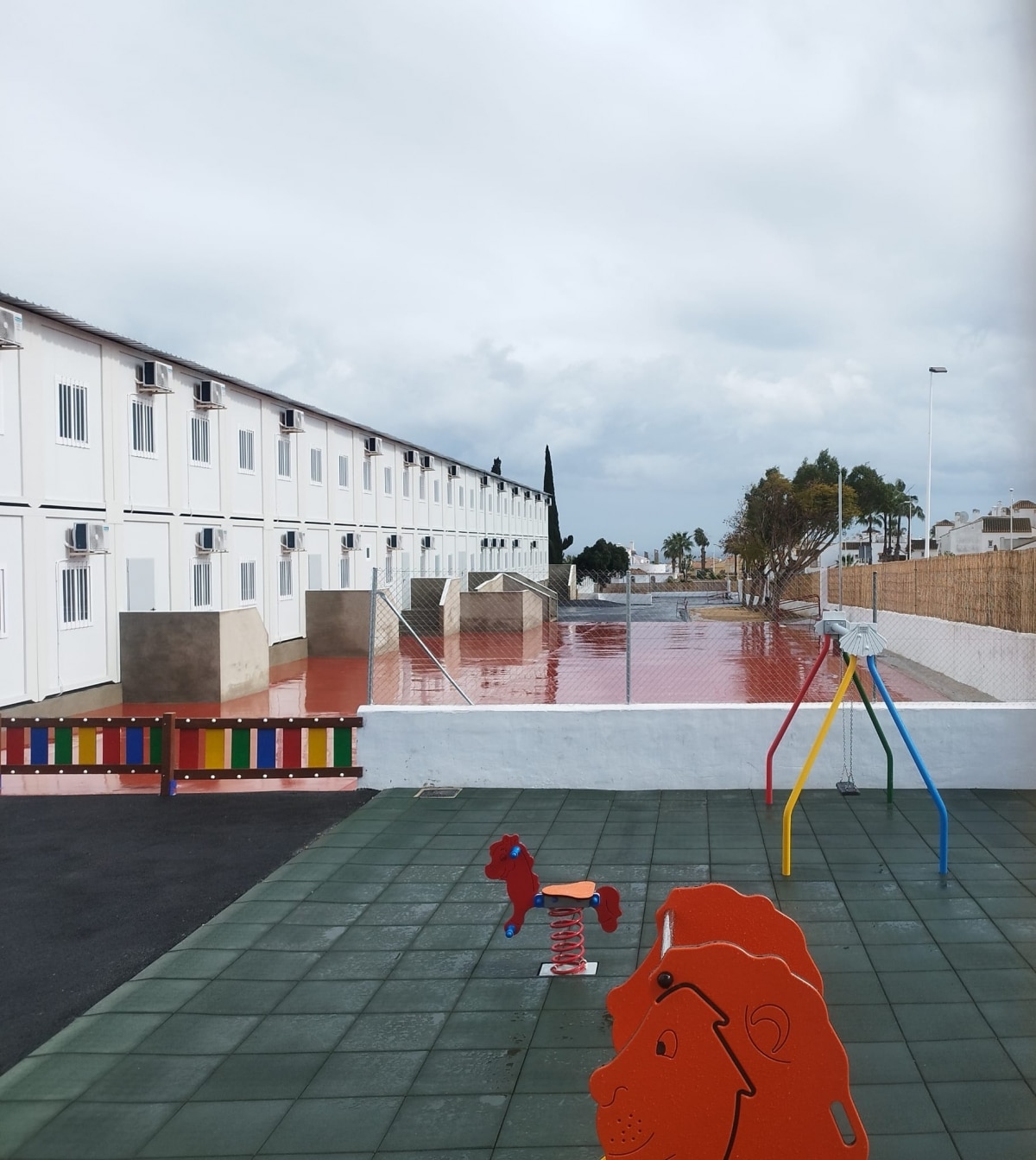Copyright scotsman

As the nights draw in and memories of summer fade, it’s easy to forget that for many families, the school holidays are not a relaxing break – they’re a financial cliff edge. For most parents, July and August bring a perfect storm of additional costs: full-time childcare to replace school hours; summer clubs to keep kids engaged; more meals to serve at home without access to free school lunches, and the steadily mounting cost of small outings and treats. These expenses can tip already stretched family budgets into crisis. These aren’t just anecdotal concerns. A Child Poverty Action Group survey of 1,058 UK parents on income-related benefits adds weight to the picture. Nearly half (48 per cent) of parents worry more about the cost of summer holidays, and 57 per cent said they needed more support this summer than last. Childcare is a particular pinch point – 45 per cent said costs were a challenge, and 29 per cent had to borrow or go into debt to cover them. Crucially, this isn’t just about not going on holiday. More than a third of parents said they couldn’t even afford small treats, such as ice creams or fish and chips. These figures confirm what many families already know –summer holidays are not just emotionally demanding, they can be economically destabilising.# At Smart Data Foundry, we believe this seasonal strain can, and must, be better understood through data. We’re working to use smart financial data, for the first time, as an early warning system, offering near real-time insights into the financial wellbeing of families at a local level. By analysing how people earn, spend and juggle their finances, we can pinpoint where and when help is needed most. We don’t just look at spending patterns. We overlay data on family size, housing, proximity to schools and healthcare, and other local factors to develop a more nuanced view of vulnerability. For instance, areas such as West Lothian and East Renfrewshire, where there is a higher proportion of families with two or more dependent children, consistently show greater signs of financial stress over the summer months compared with other parts of Scotland. And this pressure affects families across the income spectrum. Our analysis shows that the proportion of people spending 120 per cent or more of their income in 2024 spiked from 10 per cent in June to 15 per cent in August. This spike is also present in 2025, although less pronounced – rising from 10 per cent to 12 per cent. That change may suggest finances are becoming more stable; or families simply have less room left to stretch.This kind of insight matters. We often talk about the long-term impacts of poverty on children’s education, health, and future earnings, but we must also recognise the acute, seasonal financial shocks that trap families in cycles of hardship. As we move into the end of the first term of another school year, it’s time to acknowledge that the summer break should not be a luxury for those who can afford it. With the right use of data, we can understand the pressures families face, predict who will need support, and design smarter interventions to help. When families are forced to choose between childcare, food, and keeping the lights on, it’s not just their burden to bear – it’s one we all share, socially, economically and morally. https://smartdatafoundry.com



